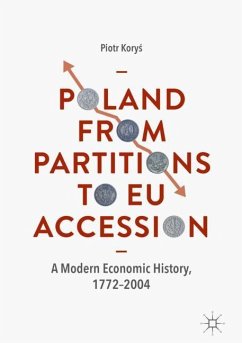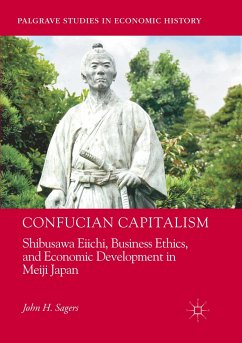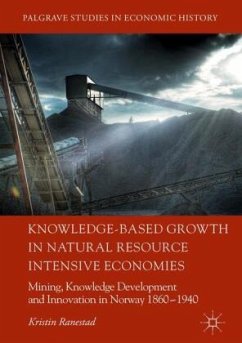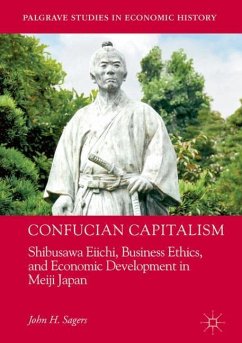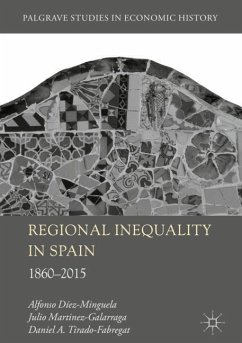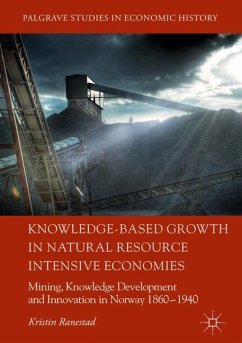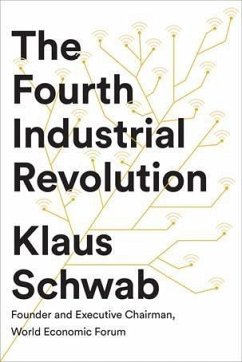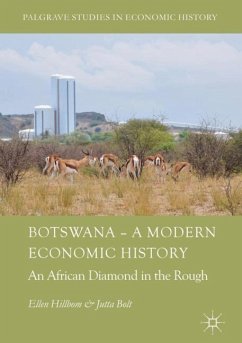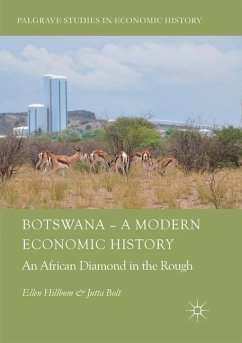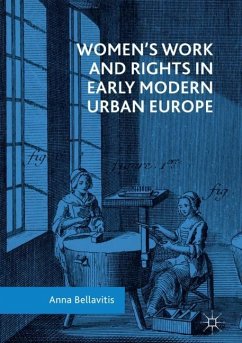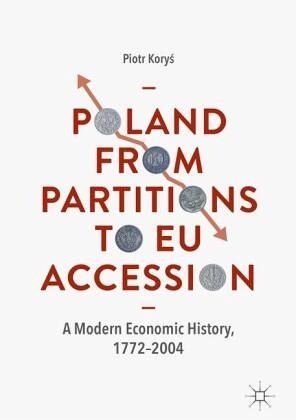
Poland From Partitions to EU Accession
A Modern Economic History, 1772-2004
Versandkostenfrei!
Versandfertig in 6-10 Tagen
53,99 €
inkl. MwSt.
Weitere Ausgaben:

PAYBACK Punkte
27 °P sammeln!
This book surveys Poland's move from being a post-feudal, backward, peripheral country to being a modern, capitalist, European state: from the partition of the commonwealth of Poland and Lithuania to the abolishment of 'second serfdom'; late industrialization to state socialism; post-partition fragmentation to post-Second World War westward dislocation; and from the 'Solidarnosc' movement to accession into the European Union.Could Poland really be considered an 'underdeveloped' nation throughout the last 200 years? What factors contributed to its 'backwardness'? Has Poland yet managed to catch...
This book surveys Poland's move from being a post-feudal, backward, peripheral country to being a modern, capitalist, European state: from the partition of the commonwealth of Poland and Lithuania to the abolishment of 'second serfdom'; late industrialization to state socialism; post-partition fragmentation to post-Second World War westward dislocation; and from the 'Solidarnosc' movement to accession into the European Union.
Could Poland really be considered an 'underdeveloped' nation throughout the last 200 years? What factors contributed to its 'backwardness'? Has Poland yet managed to catch up with the West? This book, the first overview of the modern economic history of Poland to be published in English, addresses these and many other questions crucial for developing our understanding of the economic history of modern Central-Eastern Europe. The economic development of Poland is analyzed through data and statistics, as well as through analysis of the ideas that paved the way for the politics of economic and social modernization.
Could Poland really be considered an 'underdeveloped' nation throughout the last 200 years? What factors contributed to its 'backwardness'? Has Poland yet managed to catch up with the West? This book, the first overview of the modern economic history of Poland to be published in English, addresses these and many other questions crucial for developing our understanding of the economic history of modern Central-Eastern Europe. The economic development of Poland is analyzed through data and statistics, as well as through analysis of the ideas that paved the way for the politics of economic and social modernization.



